What Are The Symptoms Of Gastritis In Cats?
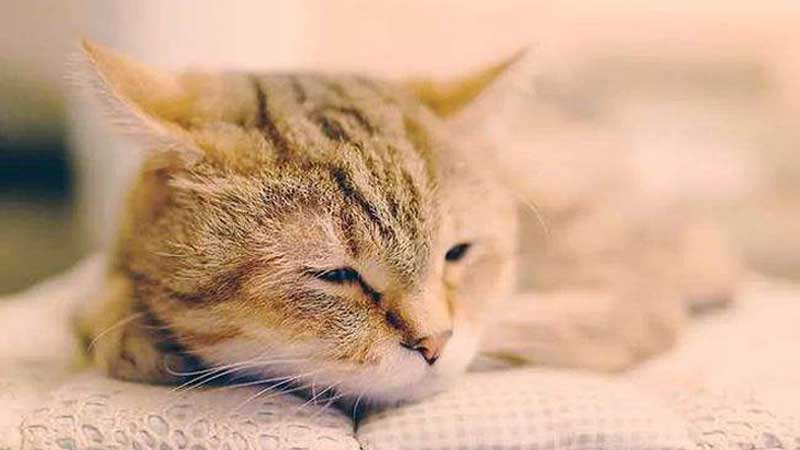
Gastritis in cats refers to any of the inflammatory gastric conditions of the stomach. Gastritis will cause symptoms such as excessive vomiting, weight loss, diarrhea, and abdominal pain. It is caused by a combination of age and diet changes, bacterial or viral gastroenteritis, and stress. The causes of gastritis in cats are similar to those in humans but they occur as a result of different factors that affect cats differently.
What are the symptoms of gastritis in cats?
1. Vomiting
Cats will vomit if motivated by pain and/or stress. Vomiting will be more noticeable at night. Over time, the vomiting will become more frequent, larger, and longer-lasting. The cat may have abundant blood in the vomit (hematemesis). Vomiting occurs with severe pain and should be treated as quickly as possible by your veterinarian.
2. Diarrhea
Cats will lose stool or have diarrhea if motivated by pain, stress, or the presence of bacteria. If the cat can hide the discomfort, it will be more noticeable during and after a meal. Other symptoms include reduced appetite, vomiting, weight loss, lethargy, and dehydration. Diarrhea occurs with severe pain and should be treated as soon as possible by your veterinarian.
3. Weight Loss
If a cat is motivated by pain the chances of weight loss are high. The cat may lose its appetite and not be able to digest food properly due to inflammation of the stomach lining (gastric mucosa). Other symptoms include increased drinking, increased urination, lethargy, and weight loss. Cats that become malnourished and dehydrated should be maintained on a liquid diet until their veterinarian can determine the underlying cause.
4. Abdominal Pain
The most common symptom of gastritis in cats is abdominal pain. The pain may be mild to severe and is experienced after eating, after, or during periods of stress or time spent in the litter box. Abdominal pain occurs with severe pain, especially if accompanied by vomiting, weight loss, and diarrhea. Other symptoms include lethargy, increased drinking, and increased urination.
5. Gagging
Some cats may experience difficulty in swallowing if motivated by pain. This gagging occurs during and after eating as well as during or after periods of stress. The cat may begin to regurgitate or vomit after eating or regurgitating becomes excessive and prolonged. Regurgitation is normally experienced in cats that have an inflammatory condition of the stomach, esophagus, or bowel that prevents them from swallowing food properly (dysphagia).
6. Heartburn
The symptoms of gastritis in cats may also be associated with heartburn. Heartburn is caused by excessive stomach acid (hydrogen chloride) that makes its way into a cat's esophagus and mouth causing a burning sensation. This burning sensation can be experienced as the cat regurgitates food or water or if it accidentally eats something irritating to its esophagus.
What causes gastritis in cats?
Food is the most common cause of gastritis in cats, especially if the cat consumes a diet high in carbohydrates and proteins, e.g., dry food, canned food, dried-out wet food, or treats.
1. Age
The older a cat is, the more likely it is to develop gastritis. This condition is more common in cats that are 9 years of age or older.
2. Diet Changes
Foods that are rich in carbohydrates can cause inflammation of the stomach lining after consumption. Cats will experience these symptoms after consuming milk, uncooked rice, and raisins, or high protein diets such as fish and beef.
3. Stress
Stress can also cause gastritis in cats. Cats may be stressed by a new family member, moving, fireworks, loud noises, and cold weather.
4. Gastroenteritis
This condition is caused by a virus or bacteria and is highly contagious to cats. Symptoms include vomiting, diarrhea, dehydration, and fever. Cats that are infected with this disease will most likely experience severe pain when attempting to eat food or drink water causing them to further lose weight.
Conclusion
Gastritis in cats can be painful and uncomfortable. Treatment depends on the severity of symptoms and will include a combination of medications, vitamins, nutrition, and dietary changes.
References
- [1] ^ VCA Animal Hospitals: Gastritis in Cats
- [2] ^ PetMD: Long-Term Stomach Inflammation in Cats
You May Also Like
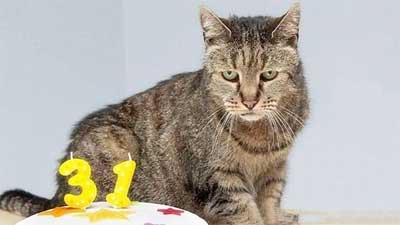 Help & AdviceTo Keep Your Cat Live Longer, These 8 Factors Must Be Paid Attention To
Help & AdviceTo Keep Your Cat Live Longer, These 8 Factors Must Be Paid Attention To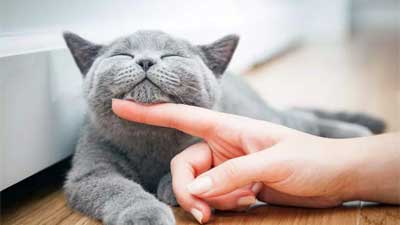 Cat GroomingTips and Tricks on How to Take Care of Your Cat
Cat GroomingTips and Tricks on How to Take Care of Your Cat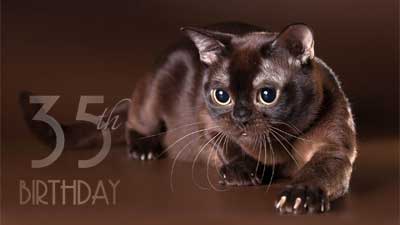 Ranking Lists10 Cat Breeds That Live the Longest (Ranked)
Ranking Lists10 Cat Breeds That Live the Longest (Ranked)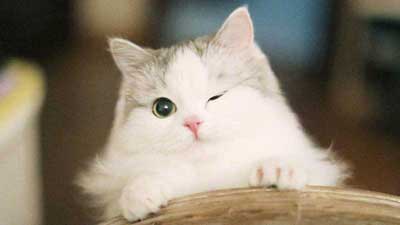 Cat BehaviorIf The Cat Is Well Raised, There Will Be These 6 Behaviors!
Cat BehaviorIf The Cat Is Well Raised, There Will Be These 6 Behaviors!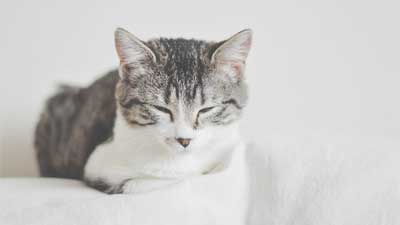 Cat HealthDo Cat's Colds Go Away On Their Own?
Cat HealthDo Cat's Colds Go Away On Their Own?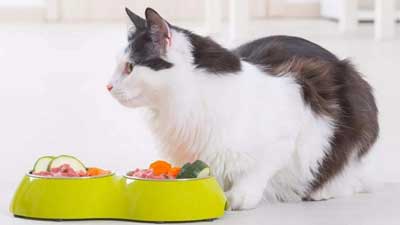 Cat Nutrition & Food10 Kinds of Human Food That Are Good for Cats
Cat Nutrition & Food10 Kinds of Human Food That Are Good for Cats